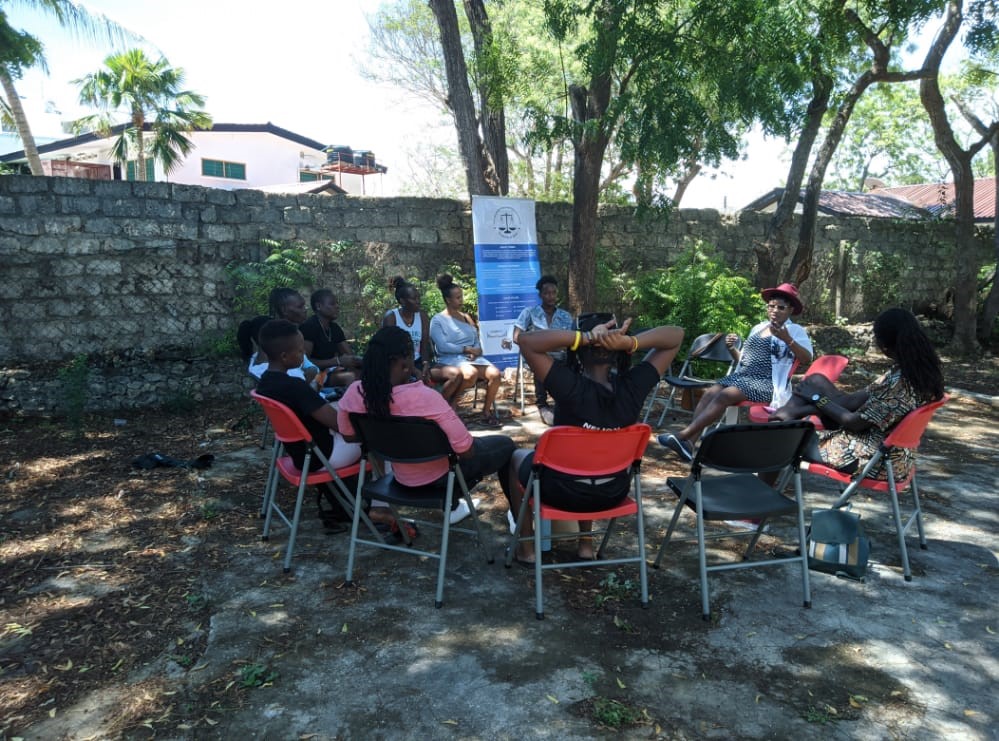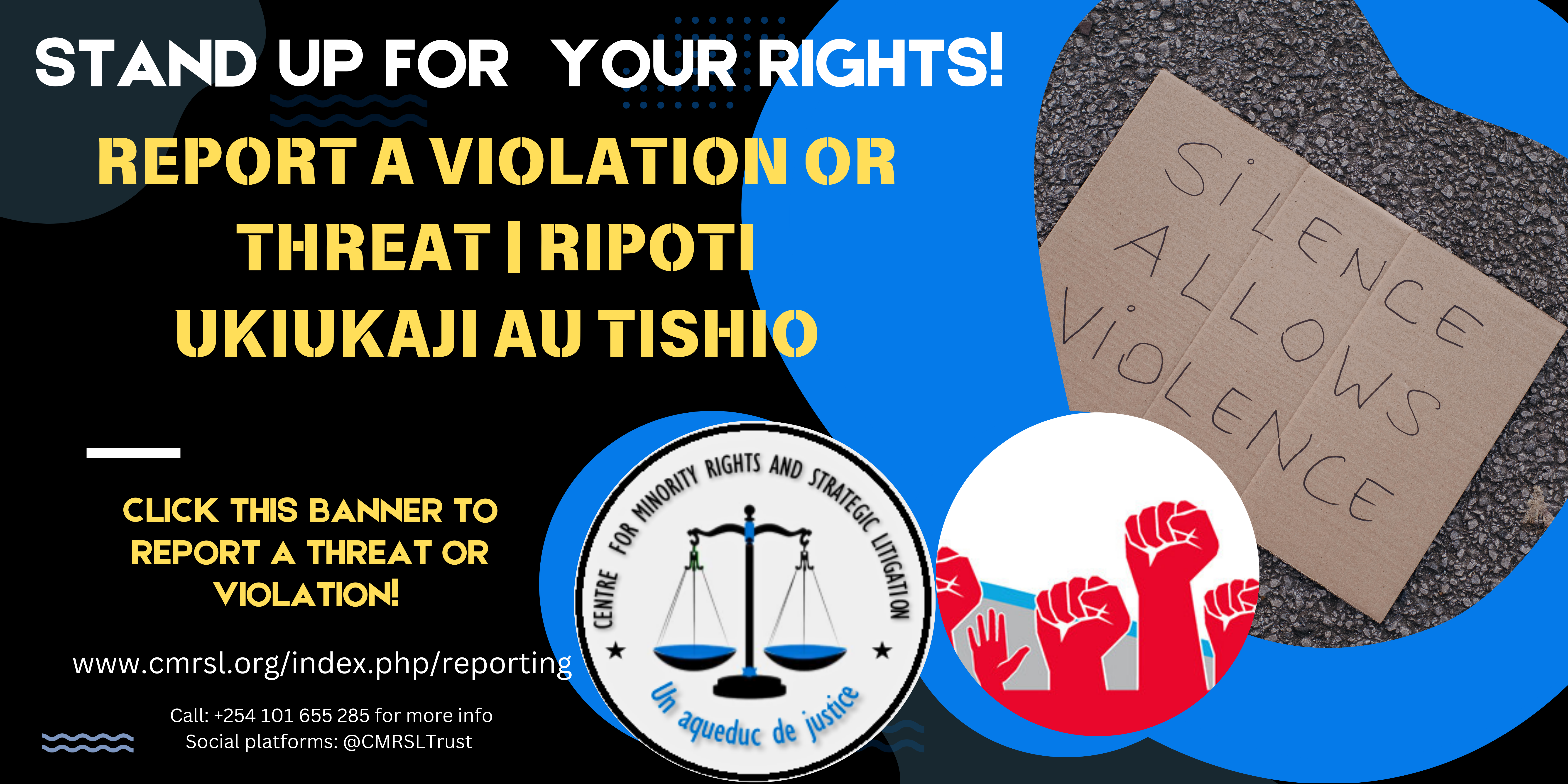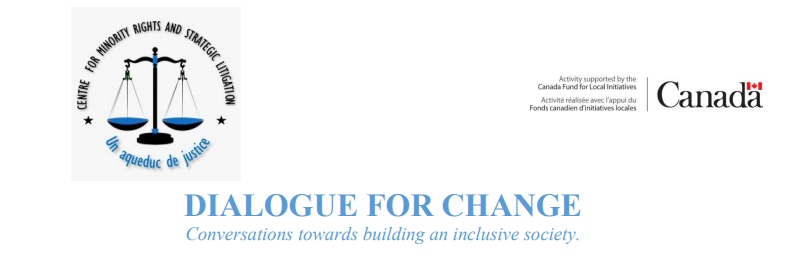72 out of 195 countries worldwide criminalize private, consensual, same-sexual activity. The majority of these jurisdictions explicitly criminalize sex between men via “sodomy’, “buggery” and “unnatural offences” law and consensual sexual activity between women using laws against ‘lesbianism’, ‘sexual relations with a person of the same sex’ and ‘gross indecency’. Even in jurisdictions that do not explicitly criminalize same sex-relations or same sexual-activities between women, lesbians and bisexual women have been subjected to arrest or threat of arrest. Other countries criminalize the gender identity and/or expression of transgender people, using so-called ‘cross-dressing’, ‘impersonation’ and ‘disguise’ laws. In many more countries transgender people are targeted by a range of laws that criminalize same-sex activity and vagrancy, hooliganism and public order offences.
32 out of the 72 jurisdictions are in Africa, where punishments range from imprisonment to the death penalty. An even larger number of countries do not recognise the right to change one’s gender assigned at birth. The Republic of Kenya is one of the countries where homosexual acts are criminalized. Section 162 of Kenya’s Penal Code , under ‘Unnatural Offences’ deems “carnal knowledge of any person against the order of nature” as a felony punishable by up to fourteen years in prison. These laws validate discrimination against the Lesbian, Gay, Bisexual, Transgender, Intersex and Queer (+) community, which include: disownment, difficulty being employed or keeping employment, and the constant threat of violence. This is preventing the LGBTIQ community in Kenya from fulfilling their civil, political, social and economic rights set out under International Law . In addition, the sale, distribution or public exhibitions of visual documentation that may ‘corrupt morals’ are also prohibited by Chapter 63 of the Kenyan Laws preventing any positive visual representation of LGBTQI people.
During the implementation of our first project, supported by the Canadian Government through The Canadian Funds for Local Initiative (CFLI) project, CMRSL held legal clinic for 12 organizations. 4 of the 12 organizations served LBQ and transgender persons exclusively. While administering Legal aid to the 12 organizations, we realized that despite the tremendous progress achieved over the years by the LGBTIQ community, thanks to Human Rights CBOs and CSOs that protect and advance Human rights in Kenya, the LBQ, gender non-conforming (GNC) and Transgender community-a unique fraction of the LGBTIQ umbrella-still face a lot of prejudice, stigma, violence and trauma due to their gender identity catalyzed by the prevailing socio-cultural, religious and the discriminative nature of the Kenyan penal code . These punitive laws create an enabling environment for these injustices perpetrated towards this minor gender and sexual community to occur and the perpetrators to walk free from the claws of justice.
Legal challenges faced by the LBQ, GNC and Transgender community therefore goes unattended to in most cases. In this regard we shifted our resources and attention to the above named clusters in our follow up project in an effort to bridge the this existing gap and ensure that specific and intersecting legal issues are addressed.

In line with our objective of easing access to Justice for the LGBTIQ organizations and their beneficiaries/membership base, CMRSL trained, prepared and equipped 30 pro bono lawyers from the Mombasa Law Society with the right knowledge and attitude to hold focused discussion groups with LBQ, Transgender and GNC community in the coastal region within their safe spaces (Dialogues). The project targeted 6 organizations that exclusively serve LBQ-GNC and Transgender community and with the aim of reaching 90-120 beneficiaries. So far, we have conducted Dialogue s with 4 organizations namely Transgender Organization of Taita-taveta (TOTT), Malindi Desire, Upinde Advocates For Inclusion (UAFI) and Coast Women for Women (CWW) and managed to reach a total of 93 people.
Through these engagements, different legal issues came up among them:
- Conversion therapy practices.
-Defined as the practice of attempting to change an individual’s sexual orientation from homosexual or bisexual to heterosexual and from Transgender or gender diverse to cisgender using psychological, physical, or spiritual interventions. The most conspicuous from of conversion therapy during these engagements were forced marriages and “corrective rape” which in some cases resulted to unwanted pregnancies. These practices constitute an egregious violation of rights to dignity and non-discrimination, bodily autonomy, health, freedom of conscience, religion and free expression. - Economic violence. Economic violence is a type of violence committed by individuals or groups preying on economically disadvantaged individuals. As such, CMRSL documented instances where LBQ-GNC and transgender persons were unfairly dismissed from employment and/or difficulty in securing fair employment opportunities on grounds of their sexuality.
-Cases of work place harassment such as degrading and stereotypical comments, intolerance of differences, intrusion into the employee’s personal life, isolating or denying the victim’s presence also emerged during the dialogues. - Neglect.
-Some of the documented stories included LBQ and Transgender persons who were disowned/neglected by their families after coming out, this later led to internalized stigma and trauma.
-Queer persons with/raising a child also reported various instances of child support neglect and different challenges faced in trying to access justice on the same such as questions raised on sexuality and queer parenting. - Identity.
-We noticed that issues and challenges faced by the transgender identifying persons are unique to gender identities and expressions and a bit different to those faced by their sexual orientation persons counterparts. Kenya being one of the countries that do not recognise the right to change one’s gender assigned at birth, having names changed in Identification papers currently has proved a challenge for the transgender persons .
All these highlighted challenges require differentiated approaches in addressing them. The affected individuals were then linked to our Monthly physical and virtual legal aid clinics for redress.
CMRSL will continue engaging this community and looking to roll out these dialogue sessions, to LBQ and Transgender organizations outside the coastal region with the aim of linking them to justice through our legal aid clinics and other justice institutions for redress.
These dialogues also raised the urgent need to engage with parents, families and friends of LBQ-GNC and transgender community that will help shift attitudes towards this community, foster understanding of their challenges and be supportive, and increase their ability to publicly and collectively express, communicate, and defend the common interests of LBQ-GNC and Transgender community.

